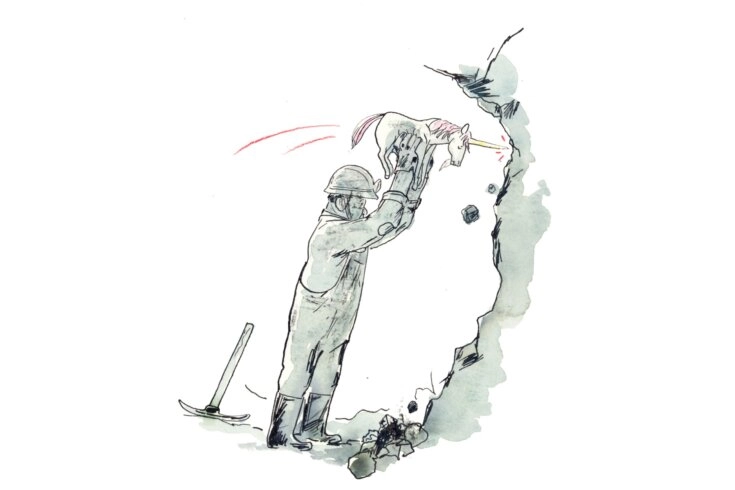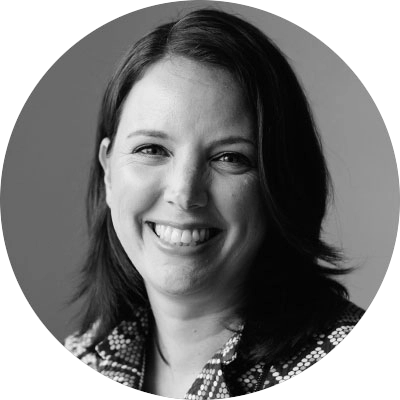
I would expect the editor-in-chief of any major publication to understand this point, jabbed one reader in a recent email. They were unhappy about some nuance in our reporting I had evidently missed. Then the sentence landed with a sharp elboweven if their background is in poetry, not public policy.
Ouch. But hey, fair. I did start in poetry. Which is another way of saying: I started in precarity. I wrote because I had to, and published where I could. I taught, I hustled, I applied for grants, and maybemaybeI found enough time and space to scratch out a few lines of something meaningful. So while I didnt cut my teeth on ministerial scrums (though, at the time, it certainly would have paid better), my experience taught me other things. One, how to work without a safety net. And two, how much of our culture depends on people willing to do just that. Whats true of poetry is also true of song writing, small-press publishing, and painting in a cold studio at 4 a.m.
This is not a new reality, but it has become more acute. As platforms change, funding models collapse, and audiences scatter across fractured digital spaces, the idea of sustaining a creative and intellectual life looks impossible. Even legacy institutions are adjusting, scrambling to do more with less, often while trying to preserve a sense of mission that cant be measured in clicks or conversion rates. Everyone, in one way or another, is holding on by their fingertips.
As we put together the Summer Reading issueour annual space for fiction and poetryI found myself dwelling on what creators face: producing work of deep value from shallow resources, and doing it in a society that treats their labour as disposable even as it consumes it constantly. Two features in this issue explore this predicament. Luc Rinaldi interrogates the music industry, filled with people unsure of how to turn their lifes passion into a sustainable career and whose talent is often inversely proportional to their streaming revenue. Thea Lim profiles an idiosyncratic East Coast publishing house whose founders are stepping away after twenty-eight years of making astonishingly, and unfashionably, beautiful books.
What both pieces describepeople who are all in, despite facing conditions increasingly stacked against themis easy to overlook from the outside. The work, after all, keeps coming. Spotify keeps filling up with new music. Amazon keeps filling up with new books. But when youve lived it, when youve created art while barely able to cover the rent, you learn to see the telltale signs of near collapse everywhere. Organizations rarely announce their decline; they erode quietly, through staff cuts, mission drift. For an editor, spotting those structural cracks early is a competitive advantage. It helps you ask the right questions, assign the right stories, and highlight the people workingand often strugglinginside these systems.
I turned to full-time editing because I had a family, a mortgage. But I find it funny that its my years at the coalface of poetry that best shaped how I think about the role of The Walrus. What we do is connect the solitary work of creation to a broader public conversation. And we try to make something that lasts, even if it takes a while to find its audience. In a way, were all poets now.
As the executive director, I am frequently asked this question. These days, I reply: The Walrus was made for this moment. From on-again, off-again trade news and negotiations to a new prime minister, we are committed to Canadas conversations. We launched six regional bureaus earlier this year to ensure comprehensive coverage across this great country of ours. But we cant do this alone. As a non-profit newsroom, this work isnt possible without our readers support. If you believe in Canadas stories, support our paywall-free journalism with a donation today. Our team is small, but our commitment is big; just like our country. Every story we publish is the result of writers, artists, and editors going the extra mile (well, kilometres) to bring Canada closer together through compelling, fact-checked, and regionally grounded reporting. Thank you for your support. Jennifer Hollett
Jennifer Hollett Executive Director, The Walrus



